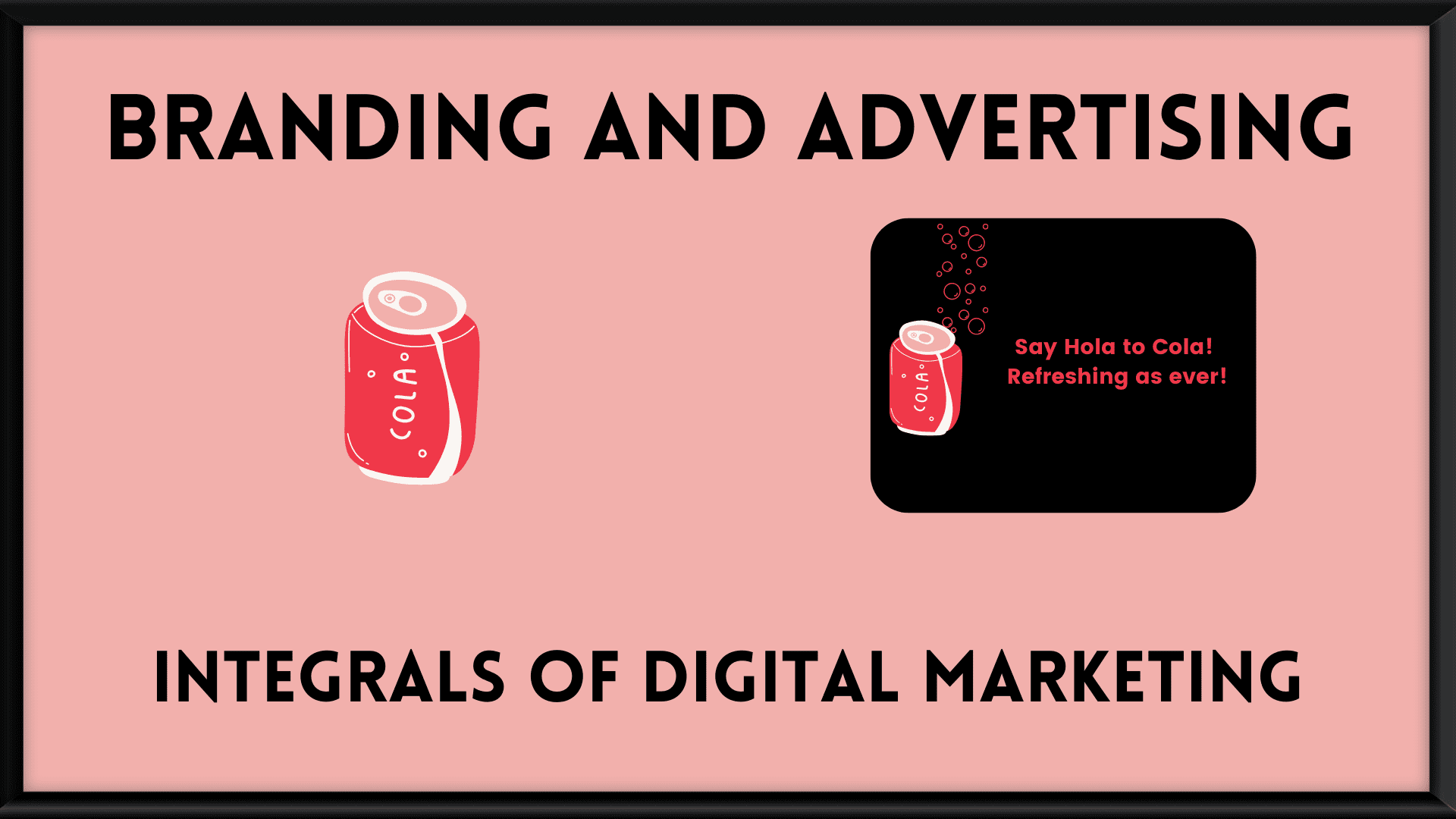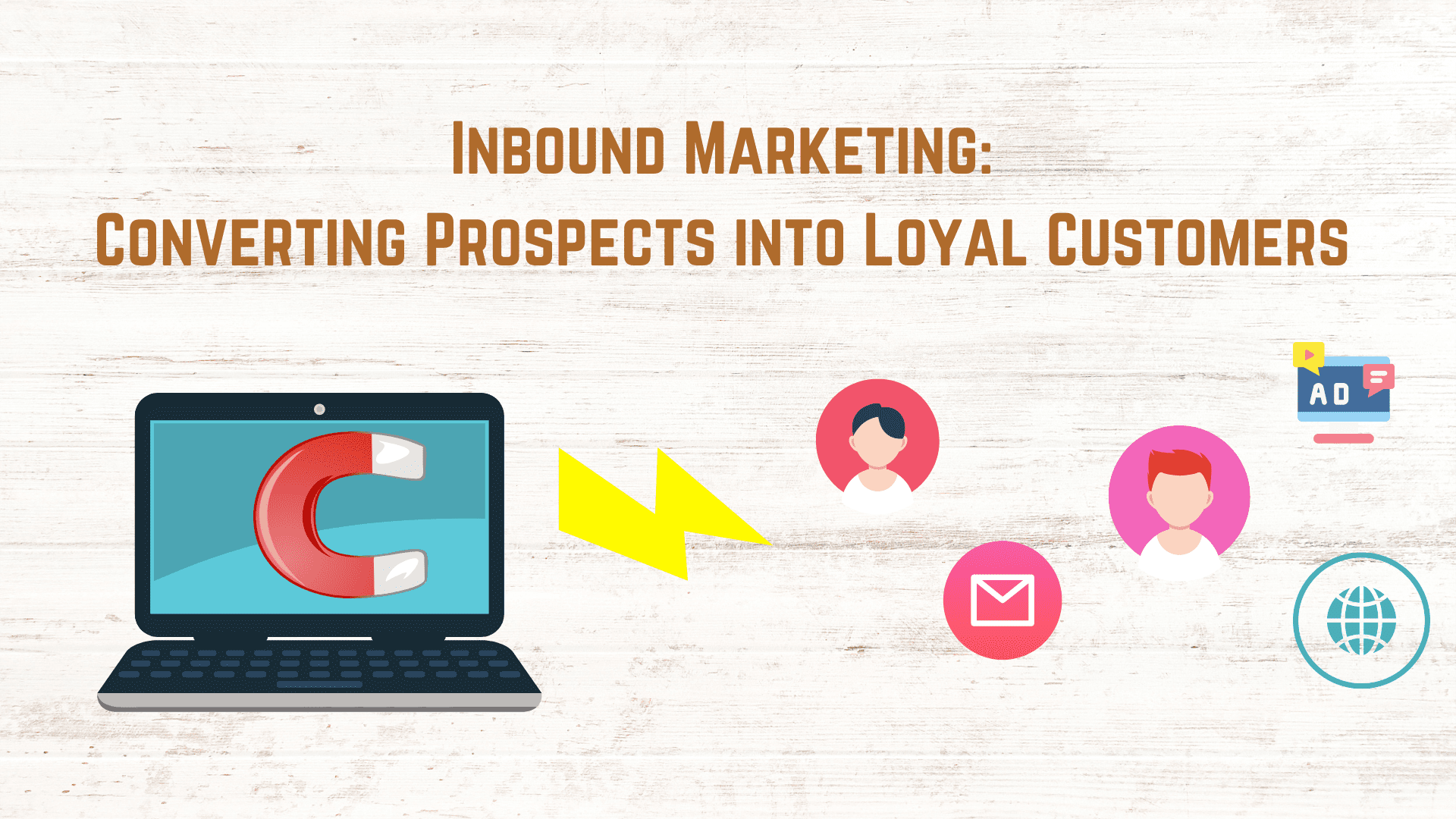

- Introduction
- Price
- Promotion
- Place
- Physical Evidence
- People
- Process
- Conclusion
Marketing means using different tactics to promote the products that the company has developed and persuade the customers to purchase. Planning is very vital. When a proper global marketing strategy is implemented, it helps you to reach your goals and allows you to achieve success.
Marketing Mix was introduced so that a brand or a company can drive sales faster and so that there is brand awareness. It contains 7 factors that help you to prepare an effective marketing strategy.


Let’s take a look at the 7 principles of marketing and how they are utilized.
- Product/Service: It’s what you’re selling. For example, for A juice bottle, you’ll have to decide on the packaging of the bottle. You should be familiar with the features of the product.
- The product that you’re selling should have a unique selling point, it should be different from your competitor’s product. For example, the juice that you’re selling is Healthy and organic whereas the competitor’s juice is not organic and low-quality.
- The product that you are selling should also solve the consumer’s problem. For example, people may be drinking your juice so they can be healthy and fit.
- You’ll have to keep reviewing your product now and then and see if the product that you’ve developed is of some use or not to your customers and if you can keep improving your product.
- When your product is designed well and solves the problem then consumers will also invest their precious money in your product.
- Price: After creating your product, you’ll have to sell it for that you’ve to determine the price of the product.
- To set the price, you’ve to do some research so that you’re not overcharging anyone or undercharging your product.
- You also need to keep in mind how much you’ve spent while developing the product and how much profit you can make.
- While setting the price for your product, is it serving the needs, and does it have a unique selling point that others don’t have? You also need to compare the market prices.
- Keep in mind all the factors while setting a price for your product.
- Promotion: Promotion is an activity done to make your customers aware of the product and services that you sell.
The way you promote your products may lead to sales or not. There are many ways to promote the products and services you sell from social media to T.V. You’ll have to see what works for you; it may depend from business to business.
- The promotional channel that you’re using now may eventually stop working so you’ll always have to come up with new ideas to promote your product.
- Place: After the product is promoted and all, there should be a place from where people can buy it. Mostly, it’s a brick-and-mortar store. But if your product is online, you’ll need a place to keep it.
Different businesses use different ways to sell their products, for example, some businesses may use direct marketing. The product can be sold at different places, but a brand needs to pick a proper place so that the consumer can see the product and make a buying decision. While deciding on the place you also need to check where your target audience is located. If you want to sell your product globally, you’ll have to set it up on an e-commerce site. So, you’ll have to check what works for you.
- Physical Evidence: Physical evidence includes the entire existence of your brand like your website, logo, social media, the decor of your store, and packaging. All these ensure that your brand is trustworthy and reliable. For example, An H&M store, their website, and all their social media handles.
- People: Businesses need to have good salespeople who know in and out about all the products and services and provide excellent customer service.
- When the customer service is good people start buying your products and services. When people love the products you sell they may spread the word. People trust testimonials more and this will help you to increase your target market.
- The employees or salesperson should be able to solve the problem and complaints of the customers.
- When you listen to your customers it helps your brand reputation.
- Hiring good employees is key to success.
- Process: The process of delivering the product or service to the customer. The process should be hassle-free. Customers mostly get frustrated if shipping is late or poor communication or lack of support. For example, Amazon, says it will deliver the product within 3 days but mostly it’s delivered on the same day or the next day. Brands should keep checking if their customers are satisfied and if they are facing any issues, action should be taken immediately.
In conclusion, these principles help to plan well. Applying these principles in your business will help you gain the right customers and achieve your goals and objectives. It helps you to build an effective strategy.
Author



